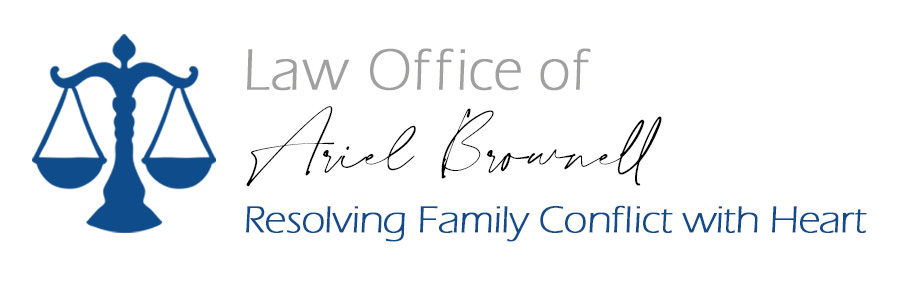How Can Social Media Affect Your Legal Case?
- December 31, 2018
- Ariel Brownell Lee
- Uncategorized
- 0 Comments
 We live in a digital day and age when posting our lives–where we are going, what we are doing, and what we are eating—on social media is second nature.
We live in a digital day and age when posting our lives–where we are going, what we are doing, and what we are eating—on social media is second nature.
And with a “Smart” device, such as a phone or tablet, permanently attached to our hands, browsing, posting, and sharing on social media is easier than ever.
However, there is such thing as too much social media.
For example, you or someone you know may have been recently denied a job or turned down for a promotion due to questionable social media activity.
Another area where social media can become a problem is in a legal case.
For example, if you were recently involved in a personal injury accident, or you are in the middle of a divorce, then social media can quickly become your worst enemy, if you aren’t careful.
In this article, we will review some ways that social media can affect your legal cases, as well as some tips on how to avoid problems.
1. Avoid “Oversharing” Posts on Social Media. Many of us use social media as an outlet for emotions. However, a misguided Facebook post or Tweet can have some pretty serious negative implications, many of which may impact your divorce or personal injury settlement or other legal negotiations.
The next time you want to blast a post on social media, think about it carefully. Think about the possible circumstances or implications that can arise from it. Even the simplest and most straightforward posts can be misinterpreted by others, which can count against you in the Court of Law.
2. Attorneys Scour Social Media. Attorneys routinely scour social media when searching for evidence to support their clients’ cases.
For example, sharing a selfie in front of the Bellagio Casino in Las Vegas, Nevada might seem innocent. However, it may show an attorney that you are taking lavish vacations and can afford to do so. This can hurt you in a legal case because it shows that you aren’t too hurt or injured to travel, or that you can afford to go on vacations, so surely you can afford to pay alimony to your ex spouse.
Even if it is was a one-time vacation, an opportunity to get away from the stress associated with your case or personal turmoil, it can also count against you in ways you may not have thought of.
3. Sharing Isn’t Always Caring… If you are reading this and thinking, “Social media is my personal business. There’s no way it will hold up in Court!” Think again… The reason why so many attorneys use social media to support their clients’ cases is because it is admissible in Court.
For example, posting negative information or comments about your ex spouse or partner should always be avoided, yet it is unfortunately an all-too-common mistake. In these cases, spouses are often sued for libel on top of an already heated divorce debate.
Again, think twice before you post. Don’t let your emotions get the best of you. We tend to “overshare” information, particularly in the heat of the moment. Even if your comments are true, it’s best to keep them to yourself and leave them off social media.
4. Think Before You Post. Yes, everyone has a right to share and post at will on social media. If you want to post something, then ask yourself these questions first:
- How am I feeling? Am I angry, upset, or emotionally charged?
- How will this post potentially affect my character?
- If my kids saw this post, how would they react?
- If a judge were to see this post, what would he or she think? How would this affect my judgment?
- Is sharing this worth my time?
5. Take it Offline. If you were recently hurt in an accident or are going through a divorce, then you are likely emotionally charged or even scarred by the incident. It is human nature to want to talk about your feelings, your experience, or seek advice from family and friends. It is 100% okay to do this—just not on social media.
If you want to talk to someone, take it offline. Visit a family member or friend, or speak over the phone or video chat.
Take Personal Branding Seriously
All in all, regardless of whether or not you are involved in a legal case, it’s important to take your personal branding seriously. Working with a personal branding services agency can help you grow and build your personal brand.
Finally, the most effective way to ensure that social media does not harm or compromise your legal case is to avoid it altogether, or at least until your case is over.
Thanks to our friends and contributors from Waller & Company for their insight into social media.

Leave a Reply